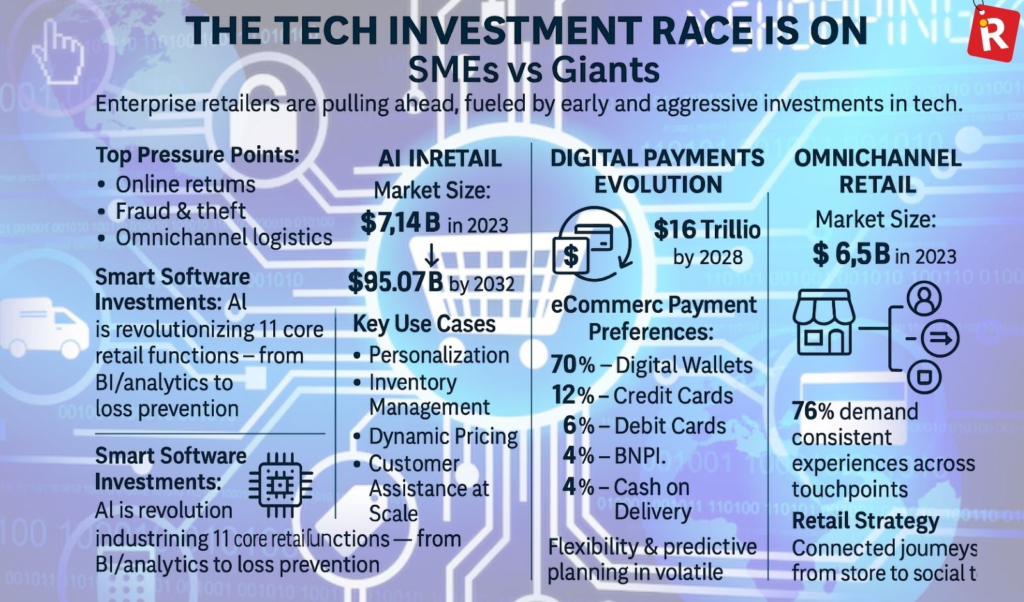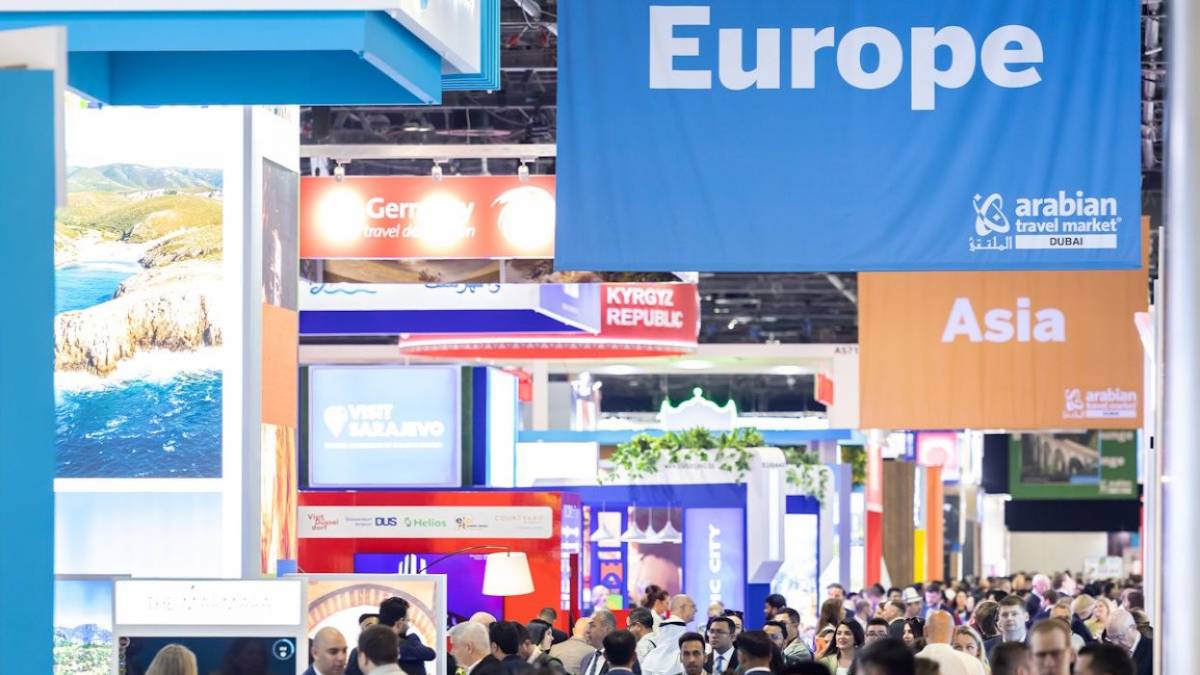Hidden social pressures behind Gulf lifestyle choices are now in the spotlight thanks to a new 2025 study that digs deep into how society shapes personal and public behavior in Gulf countries like the UAE, Saudi Arabia, Kuwait, and Qatar. The findings reveal a mix of cultural expectations, economic obligations, and online influence that quietly steer everyday life.
The study, conducted by a group of Gulf-based sociologists and psychologists, surveyed over 6,000 residents across the region. It uncovered how appearance, success, and social status often outweigh personal comfort, freedom, and authenticity.

Let’s explore the hidden social pressures behind Gulf lifestyle choices and how they impact both citizens and expats.
1. The Pressure to Appear Perfect on Social Media
Social media has become a digital stage in the Gulf, where success is measured by followers, filters, and fame. The study found that over 73% of respondents admitted to curating their online image to fit local ideals of success and beauty.
From luxury car selfies to expensive hotel brunches, people often feel pressure to showcase a high-end lifestyle—even if it doesn’t match their financial reality.
“If you don’t post your life, it feels like you’re not living it,” said a 28-year-old Dubai resident.
This creates a disconnect between reality and presentation, causing stress, comparison, and even debt.
2. Cultural Expectations on Marriage and Gender Roles
In the Gulf, traditional gender roles still influence daily decisions. Men are expected to be the sole financial providers, while women often face pressure to marry early and fulfill domestic roles—even when they are highly educated.
In Saudi Arabia and Qatar, more than 60% of women surveyed said they felt conflicted between pursuing careers and meeting family expectations. Similarly, young men reported stress from the pressure of affording a luxurious wedding or home to be seen as “marriage-ready.”
These expectations result in emotional strain, delayed marriages, and rising mental health issues.
3. The Burden of Financial Appearances
The Gulf is known for wealth, but that wealth doesn’t reflect the situation of every household. The study shows that 45% of mid-income earners feel the need to live beyond their means to match their peers.
Many take out loans or use credit cards not just for essentials—but to maintain appearances.
This financial burden is often hidden behind the image of prosperity. As one participant noted:
“Everyone drives a luxury car, even if it’s leased with debt.”
This culture of showing off can push individuals into long-term financial stress, impacting savings and future plans.
4. Family Honor and Social Status Pressure
Family reputation plays a key role in Gulf societies. Decisions about education, career, marriage, and friendships are often made with one thing in mind: what others will think.
The 2025 study revealed that 81% of young Gulf citizens said family reputation influenced their lifestyle choices. This includes pressure to study certain fields, live in specific areas, or avoid friendships and hobbies that might be seen as non-traditional.
This kind of pressure may limit personal freedom and individuality, leading to inner conflict and hidden dissatisfaction.
5. Workplace Image and Career Competition
In the Gulf’s fast-growing business and tech markets, being ambitious is not optional—it’s expected. Many professionals feel constant pressure to climb the ladder, even if it comes at the cost of their personal life.
One shocking statistic from the study: nearly 50% of Gulf employees work unpaid overtime regularly just to be seen as committed. The “workaholic” image has become a symbol of dedication.
This contributes to burnout, low job satisfaction, and emotional fatigue, especially among young professionals trying to balance modern career goals with traditional values.
6. Beauty Standards and Body Image Pressures
Gulf beauty standards are often influenced by Western trends, celebrity culture, and influencer lifestyles. Both men and women are impacted—women are expected to be slim, flawless, and always polished, while men feel pressure to appear fit, tall, and strong.
This leads to a booming cosmetic industry. Plastic surgery rates in the Gulf have increased by 22% since 2020, with nose jobs, fillers, and body sculpting procedures topping the list.
These changes are rarely discussed openly. Instead, people silently adapt to stay “in style,” even if it affects their self-esteem or mental health.
7. Influence of Expats and Global Lifestyles
Gulf nations are melting pots of global cultures. While this brings diversity, it also brings added pressure to “fit in” with various cultural groups.
Many locals and expats feel the need to blend local traditions with Western values, which creates confusion, identity crisis, and cultural tension. For example, young expats often struggle with choosing between traditional family expectations and modern, liberal lifestyles they see in urban hubs like Dubai and Doha.
This identity tug-of-war, combined with peer pressure and digital trends, creates silent struggles that rarely reach the surface.
What This Study Means for the Future

Understanding the hidden social pressures behind Gulf lifestyle choices is essential for improving well-being and mental health in the region.
Governments and social organizations in the Gulf are slowly recognizing these challenges. Some initiatives now promote mental health awareness, open conversations, and healthy lifestyle choices without societal judgment.
However, deeper social change will require more than just awareness. It will require changing the way people define success, happiness, and belonging—both online and offline.
Conclusion
The 2025 study has shed light on a truth that many in the Gulf experience silently—living under the weight of hidden social expectations. Whether it’s about career, looks, relationships, or status, hidden social pressures behind Gulf lifestyle choices continue to shape people’s lives in powerful ways.
The time has come to talk about these pressures openly, normalize authenticity over appearances, and build a Gulf society where choices are made for joy, not judgment.
Also Read – Digital Lifestyle Adoption in the Gulf Crosses 75% Mark by 2025



